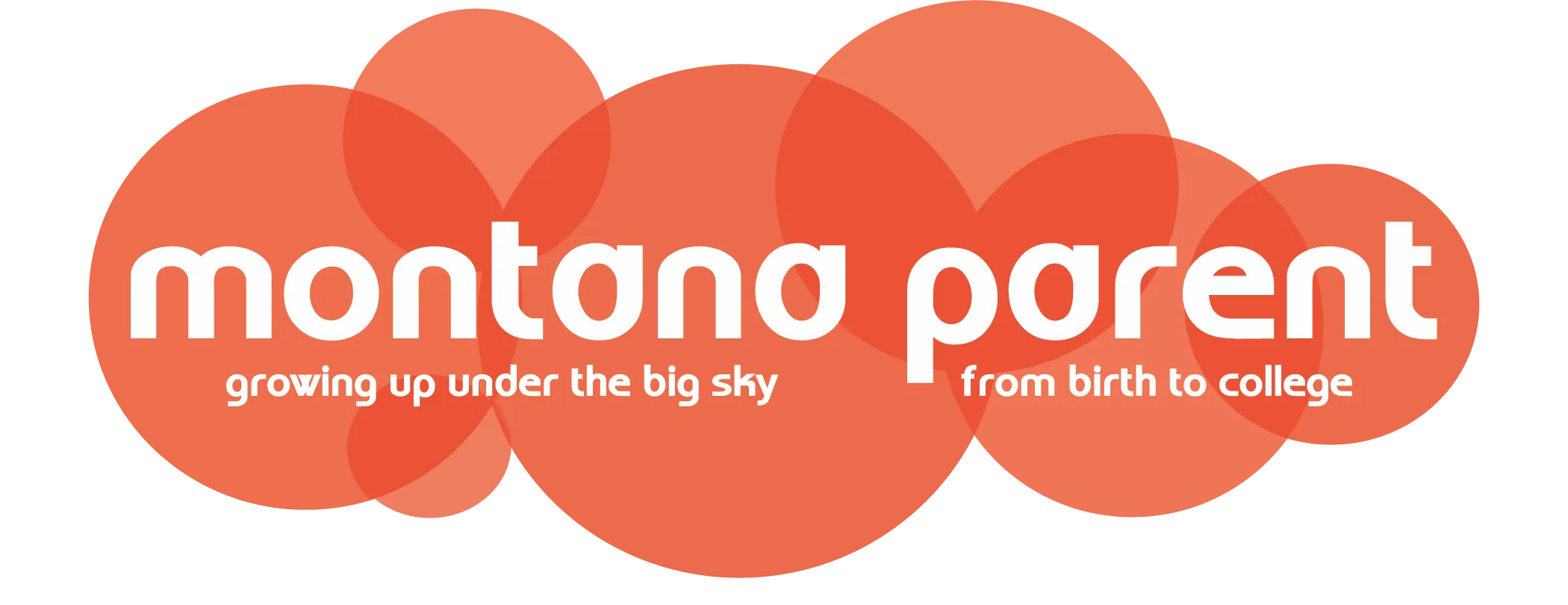Postpartum Depression (signs of PPD listed)
January 19, 2015
Posted By: Shaunescy
WRITTEN BY LEIGH RIPLEY
A funny thing happens after you have a child. You cry... at everything. Seriously. New moms could form a “professional mourners club.” Invite them to a stranger’s funeral and, trust me, they will cry and mourn for the unknown deceased. Baby commercials set them off; and sappy holiday ads or sympathetic animal plights... bring on the water works. But sometimes it can be more serious than just hormonal blubbering.
About four months after my third daughter was born I realized things were really going awry. Worries morphed into perseveration . Fears turned into impending doom. Life looked scary.
What was awakened when that little baby who inhabited me for nine months was born? I didn’t feel this way after the birth of my first two children. Sure, my immediate feelings were of joy and elation; I was as mystified by her as I had been with my first two daughters. But slowly, I began to feel unlike my “normal” self.
I loved my three children and I was parenting well, but I was not well, not balanced. I was scared and sad and really worried about everything.
I’m putting this on paper so that you, all of you, know that postpartum depression is not something to hide or fear. It’s something you need to face head-on, with fierce resolve.
Luckily, I had an amazing relationship with my doctor and we talked, we cried, we held hands, hugged and came up with a plan. I am so thankful for her.
Being a new mom, or a third-timer in my case, changes everything including your chemical balance. Let’s face it, those little buggers share everything with you for a long time and, sometimes, they take a little with them. It’s up to you to get it back.
___________________________
Signs of postpartum depression, courtesy of Acorn Pediatrics:
Postpartum depression occurs in around 13-20 percent of women after birth. Initially, postpartum depression feels like baby blues, but it is more intense and lasts longer. Most importantly, the symptoms interfere with your ability to take care of your baby, family and yourself. The symptoms are varied and can include:
» Loss of appetite
» Insomnia
» Emotional numbness
» Scary thoughts
» Persistent and intense brain fog
» Feeling anxious and overwhelmed most of the time
» Feelings of regret over becoming a mother
» Intense irritability and anger
» Overwhelming fatigue
» Loss of interest in sex and general joy of life
» Feelings of shame, guilt or inadequacy
» Severe mood swings
» Difficulty bonding with your baby
» Withdrawal from friends or family/loneliness
» General feeling of not being yourself
» Physical symptoms and body aches and pains without apparent cause
» Thoughts of harming yourself or your baby.
Make sure to see your medical provider if the symptoms don’t fade after two weeks, are getting worse or make it hard for to you to care for your baby or complete everyday tasks. Seek help immediately if you have any thoughts of hurting yourself or your baby. Submitted by Lynne Foss, MSN, PNP-C and Anicee Acosta-Yearick, LPN with Acorn Pediatrics.














